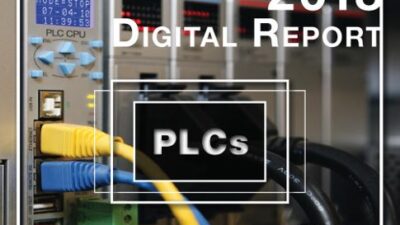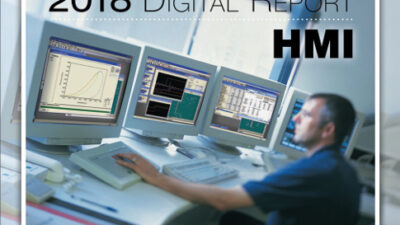Seoul, Korea —RFID technology is helping an automotive manufacturer manage parts more efficiently through all its supply chain management (SCM) processes. Hyundai/Kia Motors Group , a South Korean vehicle manufacturer, is working with Glovis , an affiliate company in charge of parts SCM, to tag and handle parts boxes from more than 200 suppliers. Using RFID technology and EPC (electronic product code) middleware, Glovis will track corrugated cardboard boxes of automotive parts through delivery to the distribution center, repacking, leaving the distribution center, delivery to the overseas distribution center, and final delivery to Hyundai/Kia Motors’ overseas factories.
In the first phase of the project, UPM Raflatac UHF RFID tags will be applied to approximately 130,000 parts boxes and packaging cases from five suppliers for export to Hyundai/Kia Motors’ facilities in Alabama. UPM Raflatac supplies self-adhesive label materials for a variety of needs in product and information labeling and develops and produces HF and UHF radio frequency identification (RFID) tags and inlays. In the second phase, 20 million tags will be used annually to track boxes and containers of automotive parts throughout the supply chain. The project’s scope will eventually broaden to include two additional Hyundai/Kia Motors’ manufacturing sites.
The automotive industry produces goods made-to-order, making supply of the precise volume of parts crucial. Glovis had been applying bar code labels with shipping marks to the parts boxes and it was difficult to automate distribution and acquire real-time distribution information. Occasional human error during repacking increased costs and lead times and led to conflicts in scheduling on the U.S. plant production line.
With the RFID-enabled system, completion reports for each process are collected automatically by passing the parts boxes through an RFID interrogator gate. In the repacking phase, workers check for errors by comparing data from the RFID tags against order information. The information system also automatically provides delivery status reports for dispatch from the distribution center, readiness at port for export, and arrival at overseas factories.
Says Jin-Gi Hong, senior managing director of Glovis, “The RFID system can make us a more competitive company globally. Thanks to RFID technology, we can minimize loss from dispatch errors and cut costs.”
Glovis also offers real-time distribution information to Hyundai/Kia Motors’ secondary suppliers, third-party logistics companies, and other manufacturers to optimize inventory and production plans. Predictable distribution information helps the companies cut logistics and production costs.
RFID system deployment in the project is handled by Eco Inc. Eco has provided RFID-enabled logistics solutions and library automation systems in South Korea since 2001. Its RFID middleware (SmartEPC) is based on the global EPC standard, which makes the RFID system at Hyundai/Kia compatible with the global Gen2 standard and able to seamlessly integrate with Glovis’ legacy SCM system.
“What’s Your RFID Spin?” asks the February 2007 cover story from Control Engineering. “Despite standards, radio frequency identification isn’t close to plug and play. Control engineers may run the RFID game, collaborate, or defer to IT with supply chain mandates. Design options abound to deliver efficiencies beyond cost of compliance.” The article links to a home page poll, asking readers who’s involved in radio frequency identification decisions at their location.
—Control Engineering Daily News DeskEdited by Jeanine Katzel , senior editor, [email protected]



